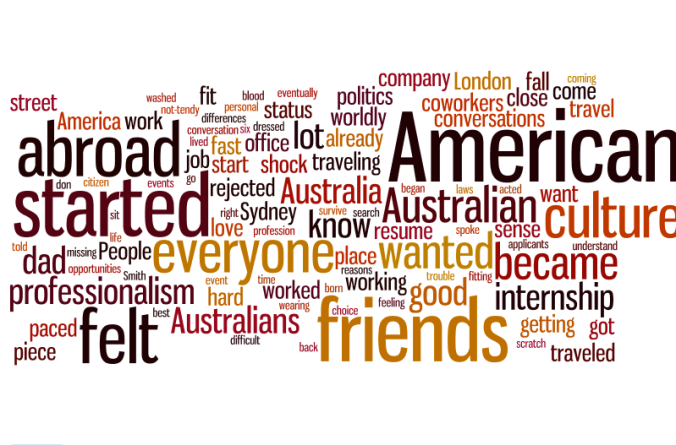
The world of trade associations, worshipful companies, and doggets was a world completely unfamiliar to me. Yet, it was a world I found myself in when interning in London. In London, I was the public relations and marketing intern for an exclusive catering and event planning company called Inn or Out Events who recently partnered with Watermen’s Hall. Watermen’s Hall is a venue in the City of London that is also the home to the Company of Watermen and Lightermen. This new partnership, though complicated, helped me gain exciting work experiences where I had the opportunity to engage in British work cultures, customs, and practices.
The culture of Watermen’s Hall was masculine and traditional and most definitely influenced by the Hall’s history. Architect William Blackburn built Watermen’s Hall in 1780. It currently remains the only original Georgian-styled hall in the City of London. The Hall’s elegance is characterized by 18th century Georgian architecture, however, the Company of Watermen dates back much earlier. An Act of Parliament established the Company of Watermen in 1555 to regulate Watermen and wherrymen carrying passengers by boat under oars on the River Thames. Today, the Company of Watermen and Lightermen is a working guild and still actively involved on the River.
To put things in perspective, the Lightermen use the Hall for their own purposes, but the Hall can also be rented out for external events. It’s very confusing, and it took me a while to grasp how the hall functioned though once I got the hang of how things worked I was able to understand the company a bit more.
The office set up was also unique. As an American, I am used to large, expansive spaces where people can work with room to spare. In London, this was not the case. The entire office worked in the size of a room no bigger than the food area of Octagon in Moseley. What’s more is that the entire office also shared one desk the size of two Belk Library tables pushed together. It was pretty tiny but that’s what the Brits are used to and I knew I had to slip into the environment in order to gain a true British work experience.
At first, the cramped atmosphere got to me. Every movement, every stomach grumble, and every key typed could be heard. I felt mildly insecure and a little exposed to my coworkers. As I continued to work in the office though I figured no judgments were being passed at me and my confidence boosted.
It could be tricky for American students to know their place in an office set up that is so small. My advice is to lay low for a while until you understand the workplace culture and environment. Once you get a good grasp for how the workplace actually works, you will feel more comfortable and contribute more effectively.






